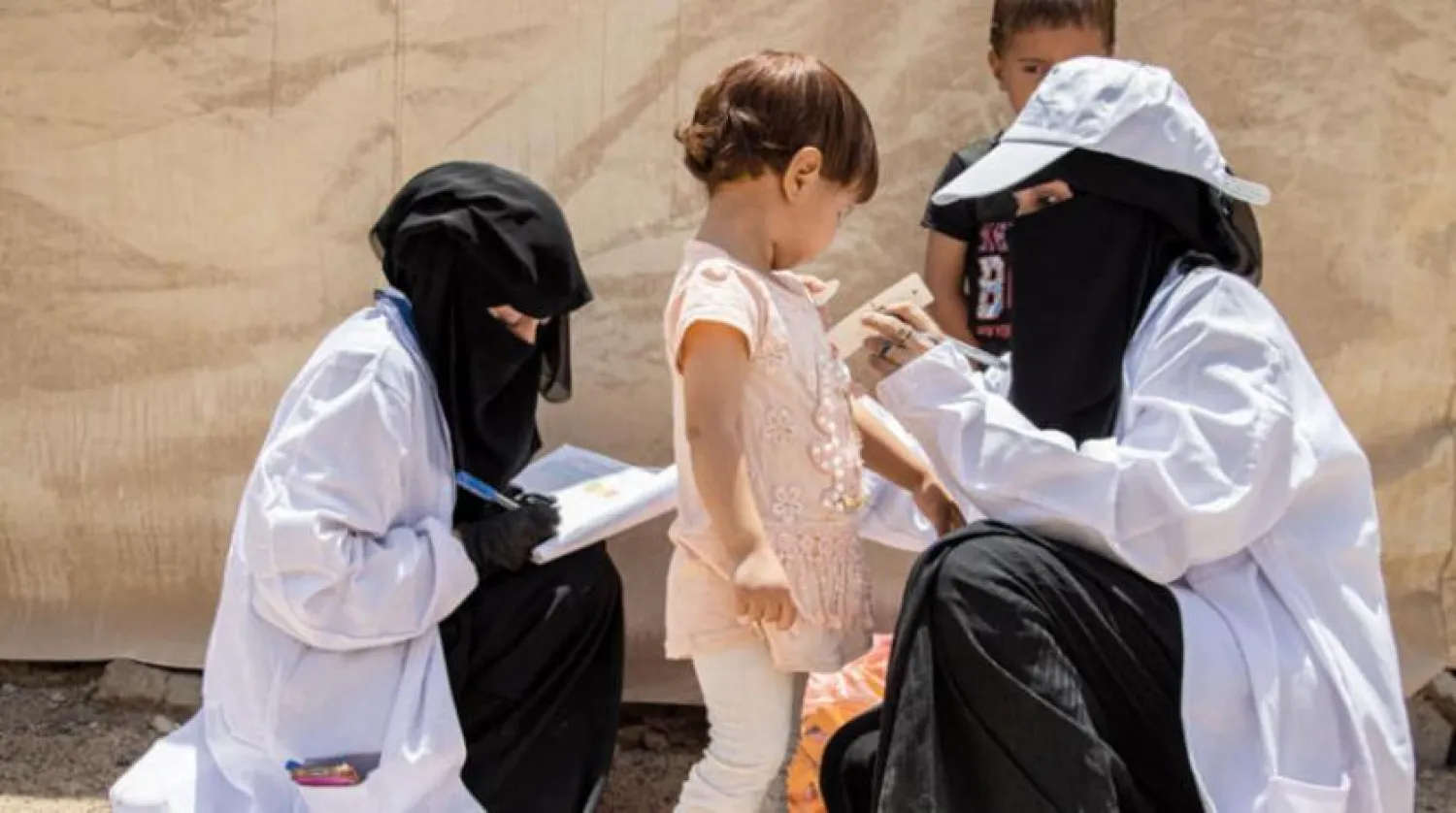UNICEF announced that it will be forced to reduce its humanitarian activities in Yemen next month due to a lack of funds.
In a report released last Friday on Yemen’s humanitarian situation from January to June 2021, UNICEF warned that this shortfall heightened the risk of COVID-19 as well as other waterborne diseases, including cholera.
“Approximately 20.1 million people need health assistance. Women and children continue to be disproportionately affected, with 4.8 million women and 10.2 million children in need of assistance to access health services during the reporting period,” the UN agency said.
UNICEF said as of June 2021, three million people, including 1.58 million children, are internally displaced. Over 138,000 additional people have become migrants, and 137,000 people are seeking asylum abroad.
The agency said it continued its lifesaving multi-sectorial integrated Nutrition programming to address close to 400,000 children suffering from severe acute malnutrition (SAM) and 2.25 million children at risk of acute malnutrition.
“A total of 2,378,616 children under 5 years were screened for malnutrition through multiple interventions in 2021. Out of these, 109,700 children with SAM were admitted for treatment without complications in Outpatient Treatment Programs (OTPs), with an 88 per cent cure rate,” UNICEF reported, adding that 8,488 children with SAM and complications were admitted to therapeutic feeding centers (TFCs).
According to the report, the rate of displacement in the first half of 2021 notably worsened, as more than 20,000 families (140,000 individuals) were newly displaced or left their location of displacement towards a safer destination.
The highest numbers of displacements were linked to tensions resulting from conflict that were observed in 49 active frontlines across Marib, Hajjah, Taiz, Hodeidah, Al Jawf, Lahj and Dhale.
“UNICEF faces a funding gap of 49 percent. Lack of funding for emergency WASH interventions continues to undermine our integrated response,” the report said, adding that UNICEF will be forced to reduce its provision of fuel to water pumping stations in September 2021 if funding is not urgently mobilized.
It also noted that the lack of funding for emergency interventions will lead to a lack of personal protective equipment (PPE) for thousands of health care providers and will affect COVID-19 screenings for hundreds of thousands of Yemenis.
UNICEF warned that cold chain interruption will lead to the expiry of millions of doses of over ten types of lifesaving vaccines, including Polio, Measles, and COVID-19.









